clematis feeding 101 - help ?
janni_dk
13 years ago
Related Stories
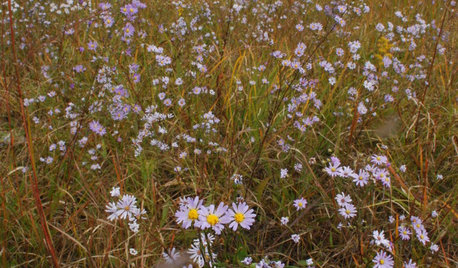
GARDENING GUIDES15 Native Flowers That Feed Native Bees
These perennials offer superfood to hundreds of bees and are gorgeous in their own right
Full Story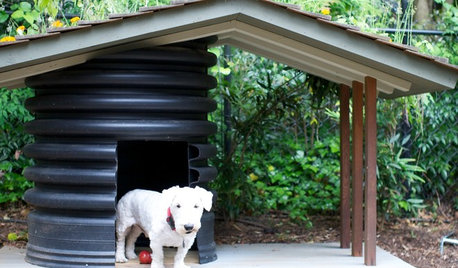
PETSHow to Help Your Dog Be a Good Neighbor
Good fences certainly help, but be sure to introduce your pup to the neighbors and check in from time to time
Full Story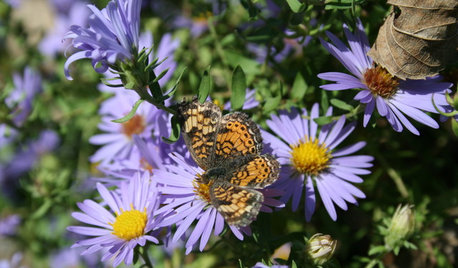
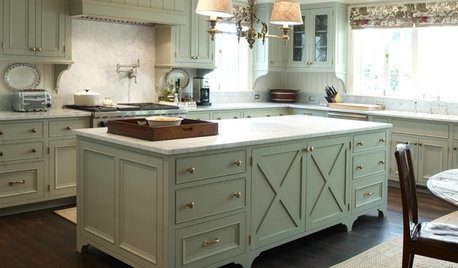
KITCHEN CABINETSCabinets 101: How to Work With Cabinet Designers and Cabinetmakers
Understand your vision and ask the right questions to get your dream cabinets
Full Story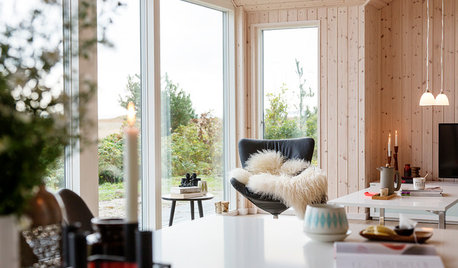
LIFESlow Living 101: Tips for Turning Off the Chaos
It may feel as though you're too busy to slow down and enjoy life. But even little changes can have a big effect
Full Story
FURNITUREDecorating 101: How to Shop for Furniture
Learn what furniture to get rid of, what to look for when buying, and how to avoid mistakes
Full Story
HOUSEPLANTSHow to Grow Orchids Indoors
Orchids are the exotic aristocrats of the flower world and can make themselves comfortable in almost any home
Full Story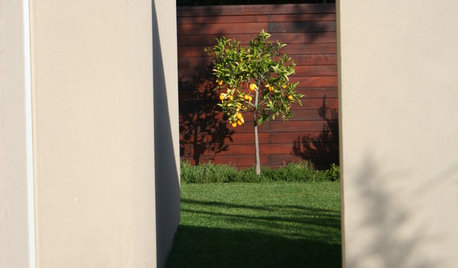
GARDENING AND LANDSCAPINGCitrus 101: Start Your Own Backyard Orchard
This Earth Day Weekend, Add Some Green, Style and Deliciousness to Your Landscape
Full Story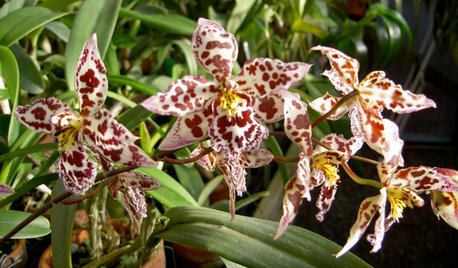
FLOWERSOrchids 101: Frilly Oncidiums Dance Their Way to Center Stage
Sprays of flowers characterize these New World orchids
Full Story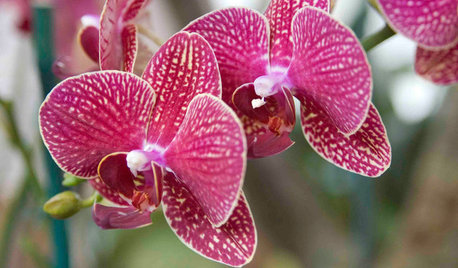
HOUSEPLANTSOrchids 101: How to Keep Your Moth Orchids Alive and Blooming
Growing Phalaenopsis — and getting it to flower again — is easier than you might think
Full StoryMore Discussions






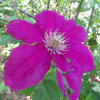
katie
gardengal48 (PNW Z8/9)
Related Professionals
Allen Landscape Architects & Landscape Designers · Glassmanor Landscape Architects & Landscape Designers · Marco Island Landscape Architects & Landscape Designers · Rancho Cordova Landscape Architects & Landscape Designers · Harvey Landscape Architects & Landscape Designers · Framingham Landscape Contractors · Madera Landscape Contractors · Paso Robles Landscape Contractors · Ringwood Landscape Contractors · Seminole Landscape Contractors · Tamarac Landscape Contractors · Thornton Landscape Contractors · Westford Landscape Contractors · Northlake Landscape Contractors · Forest Hill Landscape Contractors